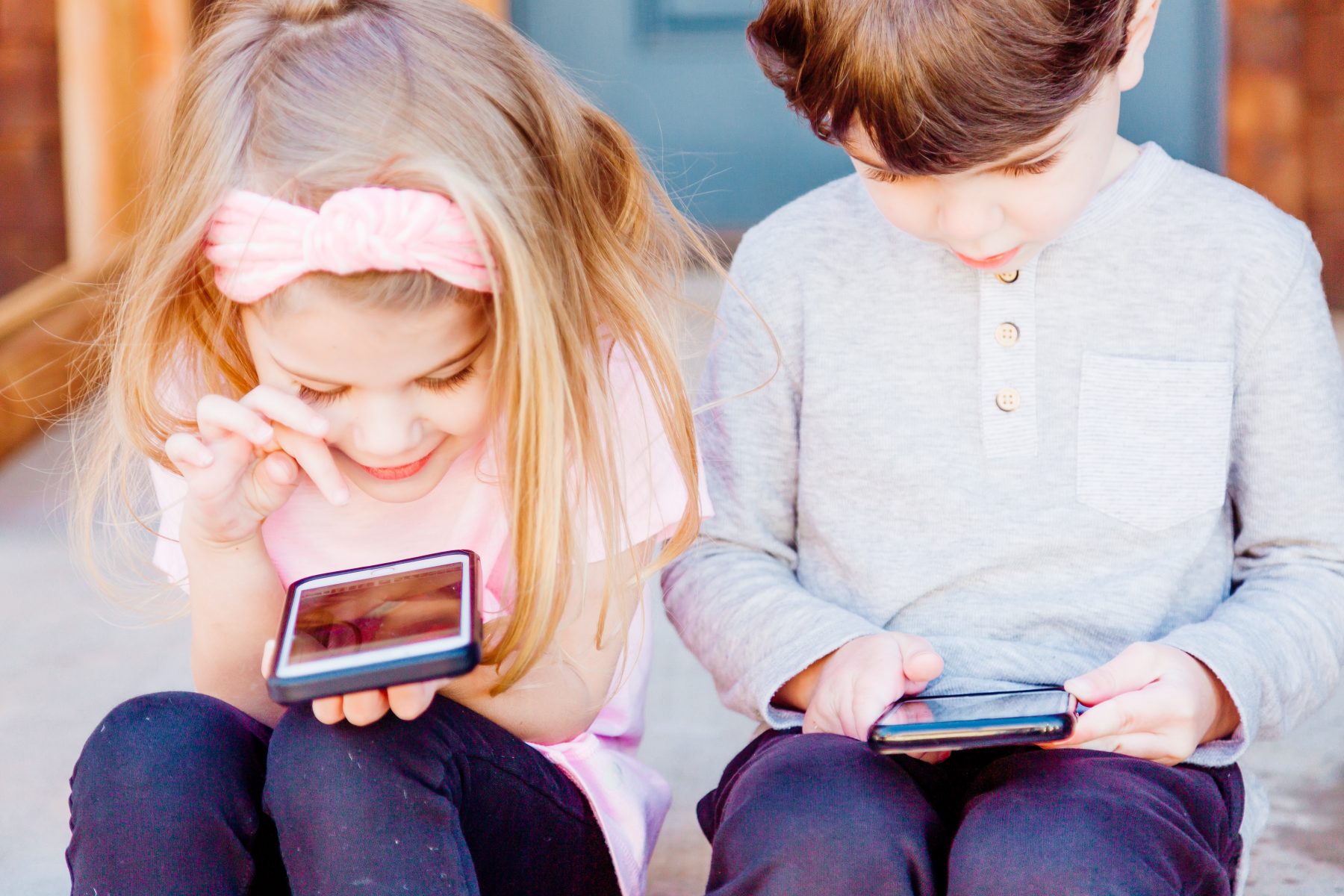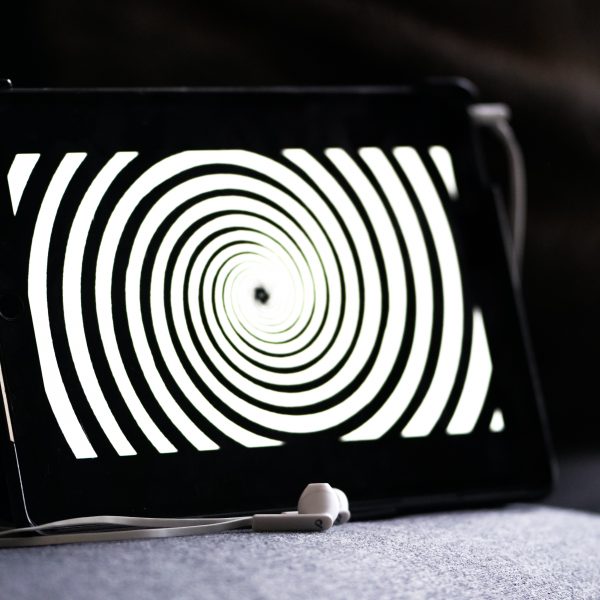When giving children screen time, proceed with caution, Deakin researchers say

Young children who spend large amounts of time on mobile screens are more likely to have problems sleeping and managing their emotions and behaviour, a new study from Deakin University has confirmed.
Dr Sharon Horwood and PhD researcher Sumudu Mallawaarachchi found that the more time toddlers and preschoolers spend on smartphones and iPads, the greater risk of negative impacts on their social, emotional, and cognitive development and sleep quality and quantity.
Ms Mallawaarachchi said the results of their recent study reveal the harm caused by prolonged use of mobile screens is likely to outweigh any perceived benefits for toddlers and preschoolers.
“Our research reviewed all the relevant national and international studies looking at developmental factors and mobile screen use in early childhood,” she added.
“The findings so far indicate that toddlers and preschoolers who use mobile screens more often and for longer periods of time are more likely to have problems managing their emotions and behaviour and getting poorer quality sleep.”
In the course of conducting their research, the academics discovered “huge gaps” in the knowledge around long-term impacts of mobile screen use in young children, revealing the need to look more closely at the impacts of things like types and reasons for screen use by young children.
The research team has launched a new research project which involves a national survey of parents of toddlers and preschoolers and the screen use in their homes to further develop their understanding.
Unlike previous research about screen time, which referenced fixed screens, such as PC and television, the portability and web based connectivity of mobile screens may have a completely different impact on development compared to older screen technologies such as televisions.
“At least half of toddlers and preschoolers who use mobile screens use them on their own, so to understand how to manage screen use in early childhood we need to know more about how children are using screens now,” Dr Horwood said.
“Overall, the negative findings are quite worrying given the wide use of educational apps that are available and considered beneficial for young children.”
Dr Horwoord called for further research which exclusively focuses on the impacts of mobile screens, instead of combining them with other types of screen use.
“We would urge parents of toddlers and preschoolers to respond to our survey and tell us about screen use in their home,” she added.
Until the researchers have a better understanding of the impacts of mobile screens on children’s development, they advised educators and parents to “err on the side of caution” when it comes to screen use.
“Given how critical early childhood is in terms of the vast amounts of brain development that occurs, the sooner we can establish healthy habits and lifestyle behaviours, the less challenges young children are likely to face as they develop,” Dr Horwood said.
Popular

Workforce
Quality
Research
When did it start to go wrong?
2025-12-18 08:00:46
by Fiona Alston

Economics
Policy
Quality
Provider
Research
Is your service ready? Key updates to Queensland kindergarten funding in 2026
2025-12-17 07:00:15
by Fiona Alston

Quality
Workforce
Practice
Research
Let’s not lose the word 'Children'
2025-12-18 07:45:13
by Fiona Alston















